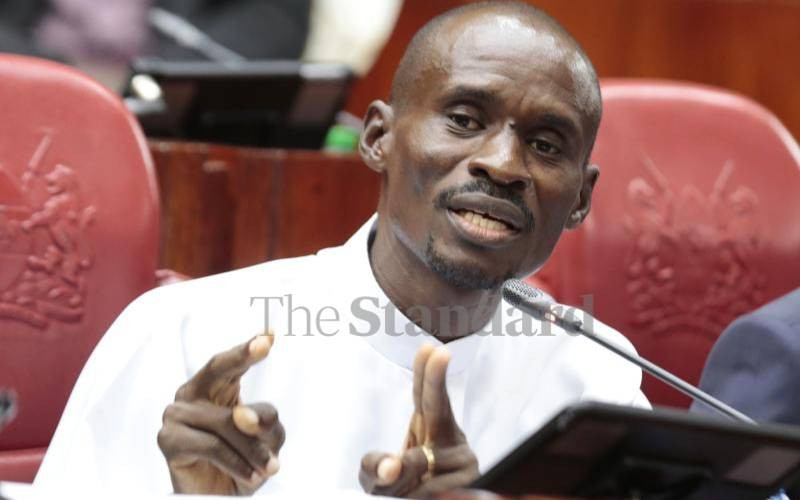×
The Standard e-Paper
Join Thousands Daily

The public aspect of freedom of religion, the right to manifest one's belief in worship, observance, practice or teaching, is subject to Constitutional limitations. However, defining the meaning of freedom is complex.
Illustratively, could a belief in support for the notion of suicide as a ticket to heaven be supported as a manifestation of religious belief? Can denial to pay taxes be defensible on grounds of religion? Can swearing of oaths of allegiance be accused of violating the right of belief?